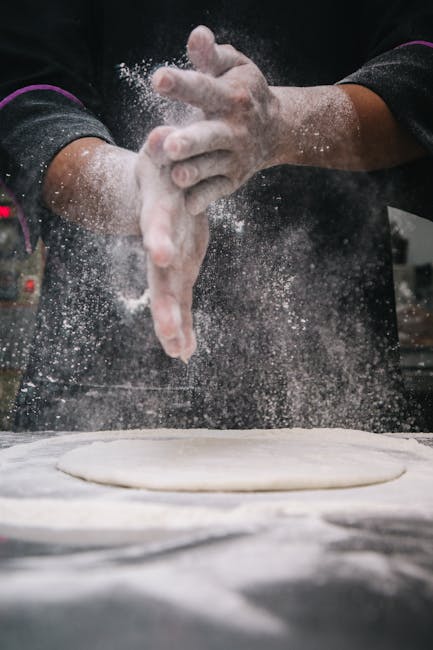Can I Compost Flour?
Flour is readily composted due to its high carbon content and ease of decomposition.


Sourced & Cited
Flour, a common baking ingredient, easily breaks down in a compost pile. It's primarily a carbon source, so it contributes to the overall balance of your compost. Adding small amounts regularly won't overwhelm your system.
Compost Classification
Brown (Carbon-rich): Flour is primarily a dry, carbon-rich material. Its low moisture content makes it a good addition to balance the nitrogen-rich "greens" in your compost pile, promoting faster decomposition.
🏷️ Tags
Important characteristics to know about this item:
Breaks Down Quickly Use in Moderation Pest Attraction Risk
⚠️ Potential Risks
- Attracting pests like rodents or insects if large quantities are added at once.
- Potential for mold growth if the flour is damp or the pile isn't aerated properly.
- Slow decomposition if not mixed well with other materials.
💡 Best Practices
- Mix small amounts of flour with other "brown" materials like shredded paper or dried leaves.
- Ensure proper moisture levels in your compost pile, avoiding excess dryness that would inhibit decomposition.
- Don't add large quantities at once; spread it thinly throughout the pile.
- Regularly turn your compost pile to increase aeration and prevent mold or pest problems.
